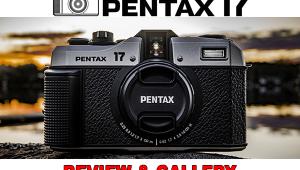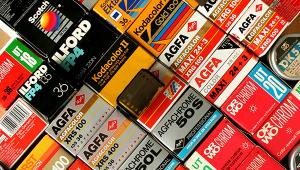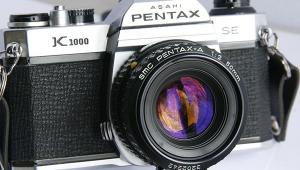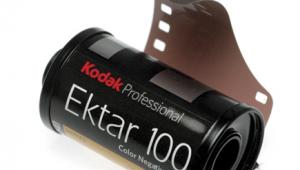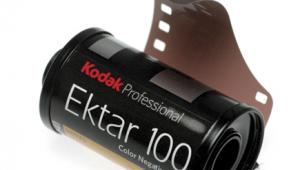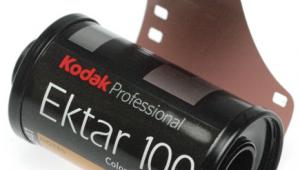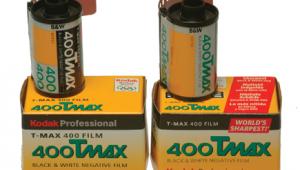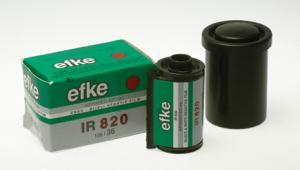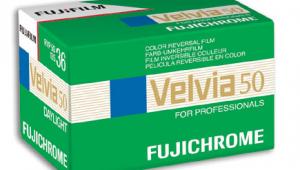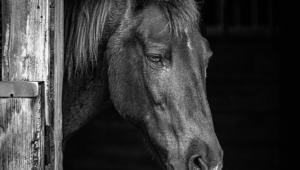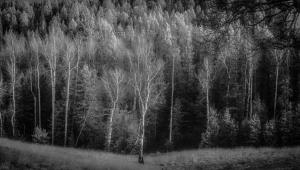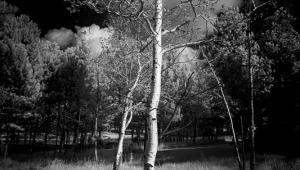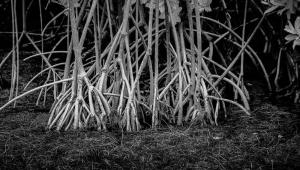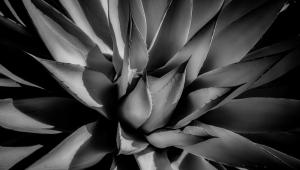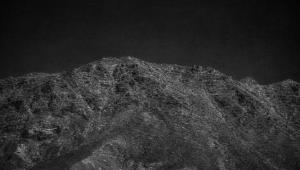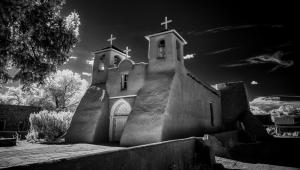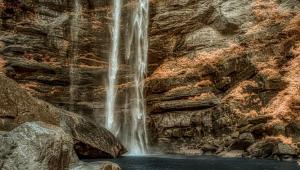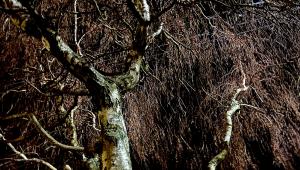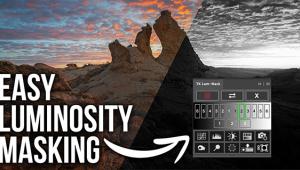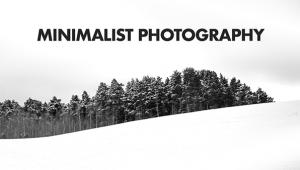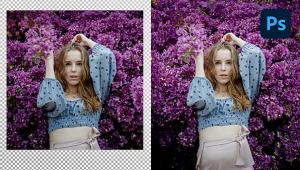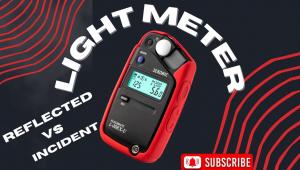Fujifilm’s Velvia 100 Professional; Replacing The Venerable 50 Page 2
Velvia has always been somewhat surreal, or super-real, in my book, and this new film seems a bit over the edge to me as well. It takes some getting used to visually, as if your eyes have to adjust to a new way of recording color. I almost hate to use a digital analogy, but film emulsions have always been mixes of sharpness, color response, and granularity that have been locked into an emulsion, like a setup of parameters on a digital SLR, so here goes: Take a very high megapixel camera, boost the color saturation and sharpening, with some concomitant edge effects, and then remove any and all noise, and you have a taste of what this film offers. It is smooth to the point of slickness, and colors are vivid to the point of heightened perception. It has fairly high contrast, which to me is where some of the color boost comes from, and as a result does not take favorably to much overexposure. This is, of course, the case with most slide film, but this film gets hot pretty quickly. In fact, future rolls I shoot will be exposed at EI 125. Now, your way of metering and seeing is different from mine, so testing will reveal the EI rating that works for you.
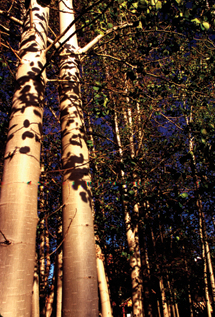 |
|
|
I did run some next to ISO 50 Velvia, and those expecting a 50 response with an extra stop of speed will find that there's more to the change than a stop of speed. The 50 seems a bit more mellow (thought I'd never say that!) and somewhat more tolerant of overexposure. But if deep shadows, super-rich color, and dazzling repro of high-frequency colors are your thing, then the new 100 will surely please. Indeed, the 50 can look almost warm next to this new film, almost like the old "cool" Ektachrome look was to the "warm/saturated" Kodak stock.
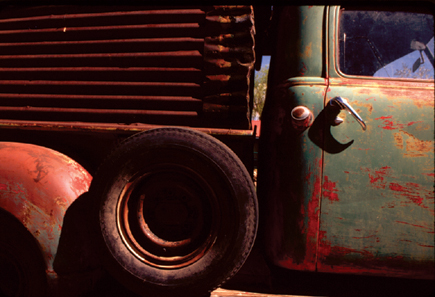 |
|
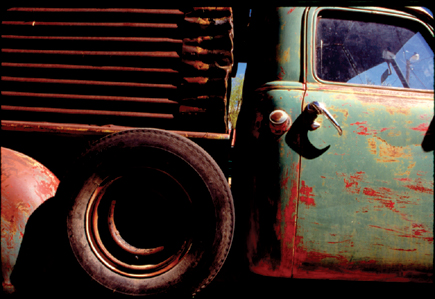 |
|
|
Choosing a particular slide film has always been a matter of taste; each film has a personality that can be matched to every subject and scene. There are those to whom the etch-edged sharpness, virtually no grain, and vivid color repro of the new Velvia (RVP 100) will have strong appeal. Indeed, if you buy into the color rendition, it beats using a digital SLR with an 8-megapixel count hands down. Of course, there will be those who will bemoan the loss of Velvia 50. But move on we must, and barring your going out and stocking up on 50 to freeze, the 100 will be what you've got. The king is dead; long live the king.
Note: All photos were made with two matched Nikon FM2 cameras with Nikkor 24mm f/2 manual focus lens. Cameras were tripod mounted and exposures were equivalent, given difference in one stop of speed. Films were processed in the same batch run at Duggal processing labs in New York City. As usual, repro from slide to magazine page may show some variations, so use the accompanying text as a guide.
For more information, contact Fuji Photo Film U.S.A., Inc., 200 Summit Lake Dr., Valhalla, NY 10595; (800) 755-3854; www.fujifilm.com.
- Log in or register to post comments

